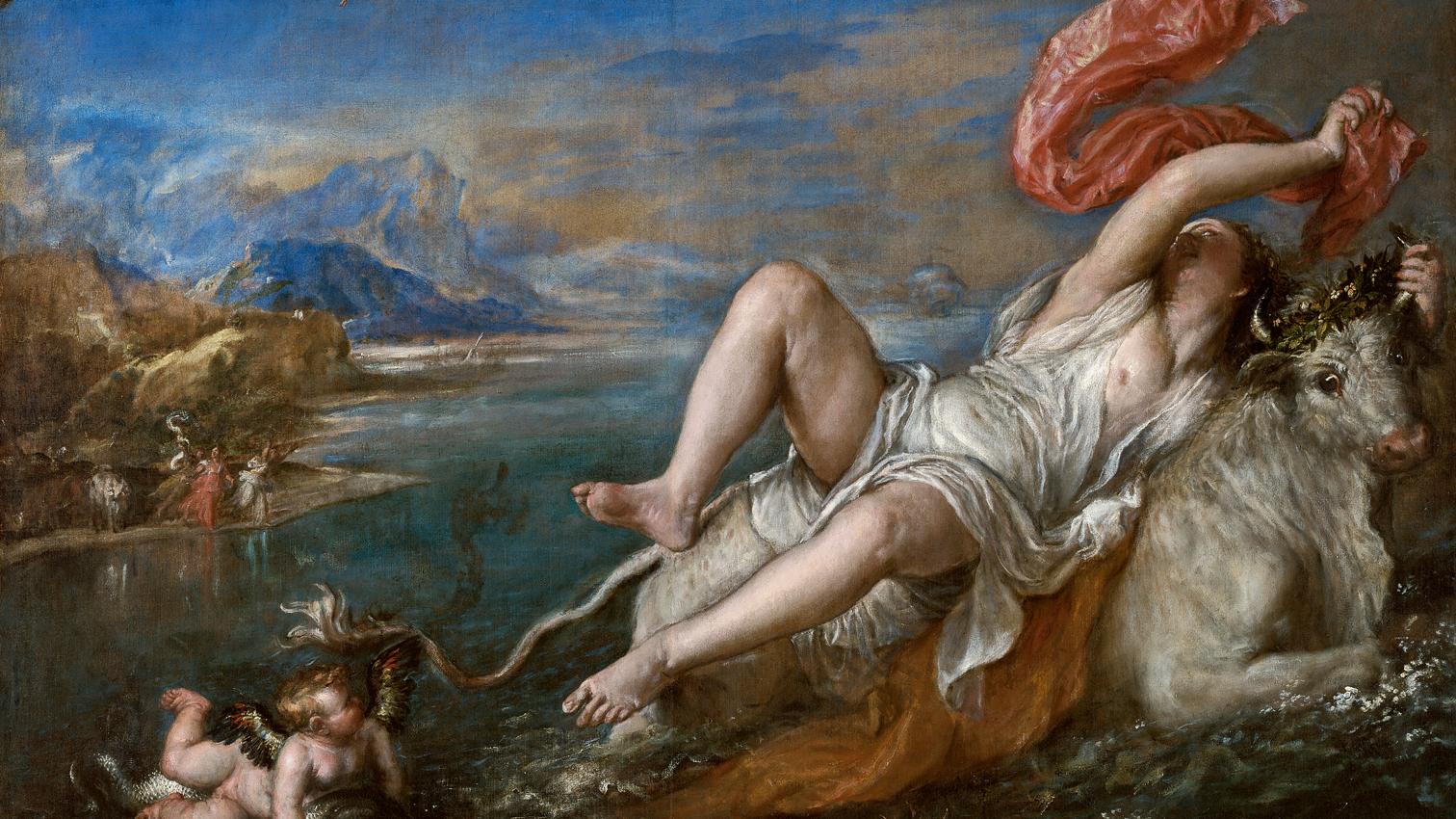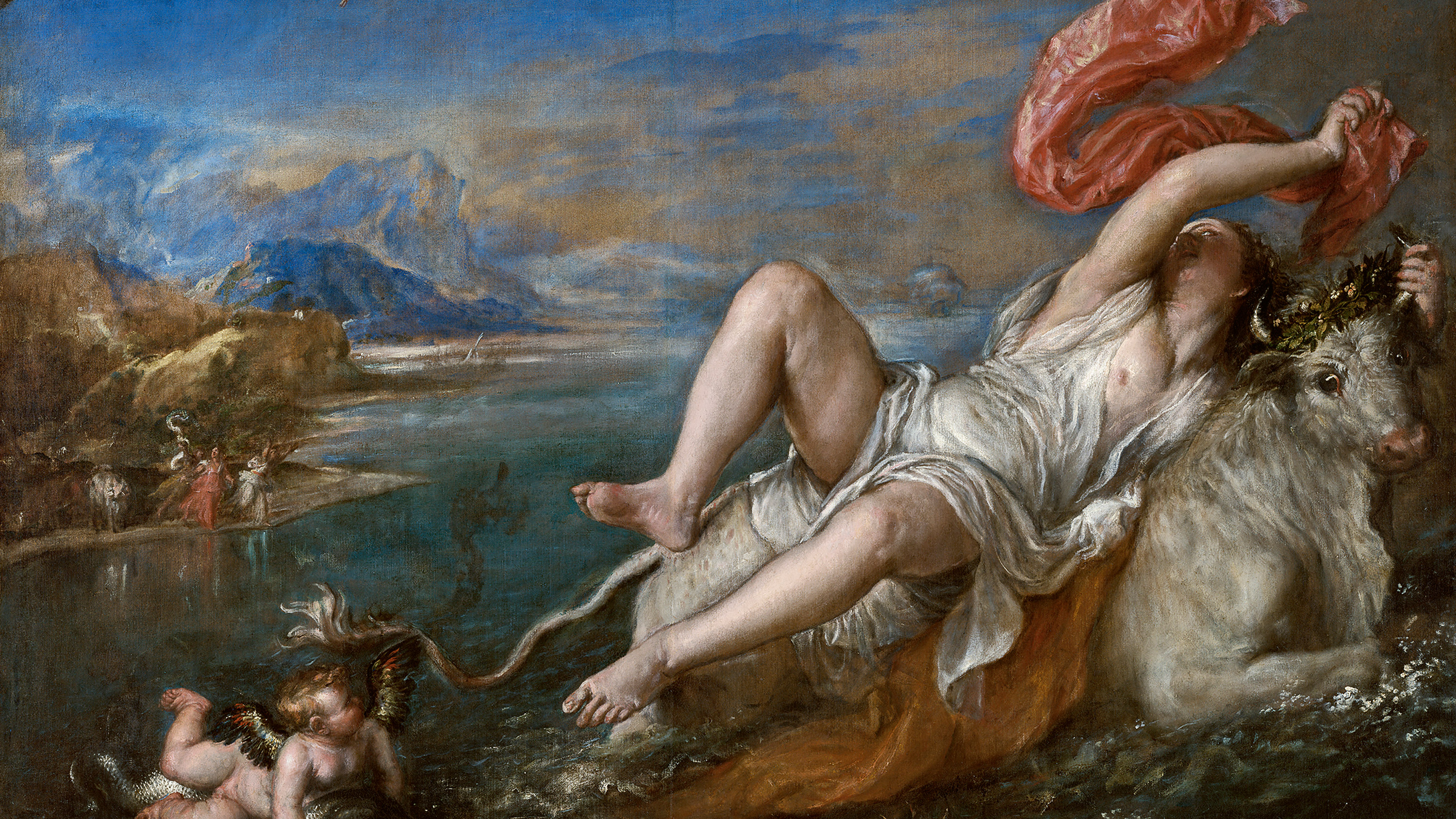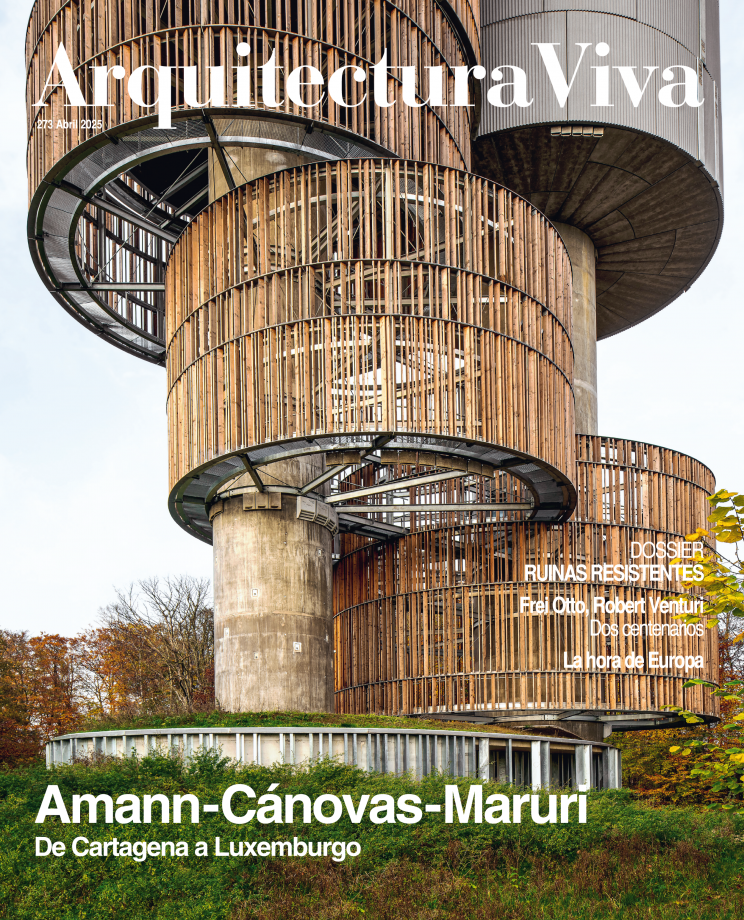
On 4 October 1914, barely two months after the outbreak of World War I, ninety-three German intellectuals issued a proclamation ‘To the Civilized World.’ “As representatives of German Science and Art… as heralds of truth we raise our voices… It is not true that we trespassed in neutral Belgium… It is not true that the life and property of a single Belgian citizen was injured by our soldiers without the bitterest defense having made it necessary.” Among the signees were scientists as eminent as the chemists Wilhelm Ostwald and Fritz Haber, the zoologist Ernst Haeckel, the mathematicism Felix Klein, and the physicists Max Planck and Wilhelm Röntgen, plus artists, writers, historians, jurists, philosophers, philologists, musicians, political scientists, and physicians.
A few days later, Georg Friedrich Nicolai, professor of physiology at the University of Berlin, composed a response that he circulated among his colleagues in academe. Few endorsed it, including Albert Einstein and Wilhelm Förster, ex- director of the Berlin Observatory, who had also signed the other document! The first point – which is at present even more relevant – acknowledged that it would be “a duty of the educated and well-meaning Europeans to at least make the attempt to prevent Europe… from [succumbing]… To this end, it seems first of all to be a necessity that all those who have a place in their hearts for European culture… those who can be called in Goethe’s prescent words ‘good Europeans,’ come together.”
Today, fortunately, Germany is not what it was then. But in the current Russia-Ukraine debacle, the fallacious reasoning of that time is being repeated by the president of the United States, Donald Trump, and cheered by his supporters. And in the face of moral baseness and political thuggery, it is essential to revive the spirit of Nicolai and Einstein’s manifesto. A call for Europe, for ‘good Europeans,’ to unite. The important thing now is to take pride in being inheritors of the world in which thrived the likes of Cervantes, Shakespeare, and Goethe; Newton, Darwin, and Einstein; Bach, Mozart, and Beethoven; Velázquez, Van Gogh, and Picasso; Descartes, Kant, and Arendt. Europe, a world where the rule of law reigns and which strives to build the welfare state, an idea that sprung up precisely on our continent.
In these times of big changes, Europe ought to honor its history. This involves sacrifices, but never to the detriment of commitments to education, health, and the protection of the most vulnerable. To take from Churchill’s famous phrase, it will require toil and sweat, hopefully not blood and tears. The technological development and unfettered capitalism that find their paradigm in Silicon Valley make it necessary to tap the scientific-technological faculties that have always existed on European soil, and to apply them to the military field as well as to industry. Pacifism is a noble dream, but alas, at this moment a dream that produces nightmares. Even Einstein, the pacifist of the Great War, was forced to renounce it, at least for a while, when in 1939 he realized what Hitler was up to, and alerted Roosevelt to the danger of Germany acquiring the capacity to make an atomic bomb.
The US has been a good ally, an indispensable military umbrella, but let us not forget that it entered both world wars only when left with no other choice. And mind, Wilson and Roosevelt had little in common with Trump; we can understand how they may at first have seen it as a European conflict. The current situation is very different, with America trying to explain away the true nature of an aggression and disrespecting the plurinational State that the European Union is. If we have to alter alliances that once served us (NATO?), then so be it.
Europe is not a wonderful museum for people from all over the world to come and visit. It is so much more than that. It ought to be much more, and never ever forget about its shared values, principles, and ideals.






